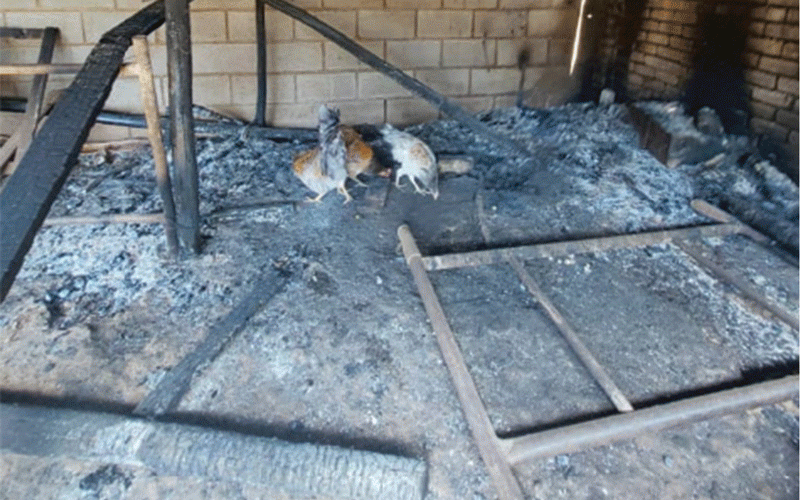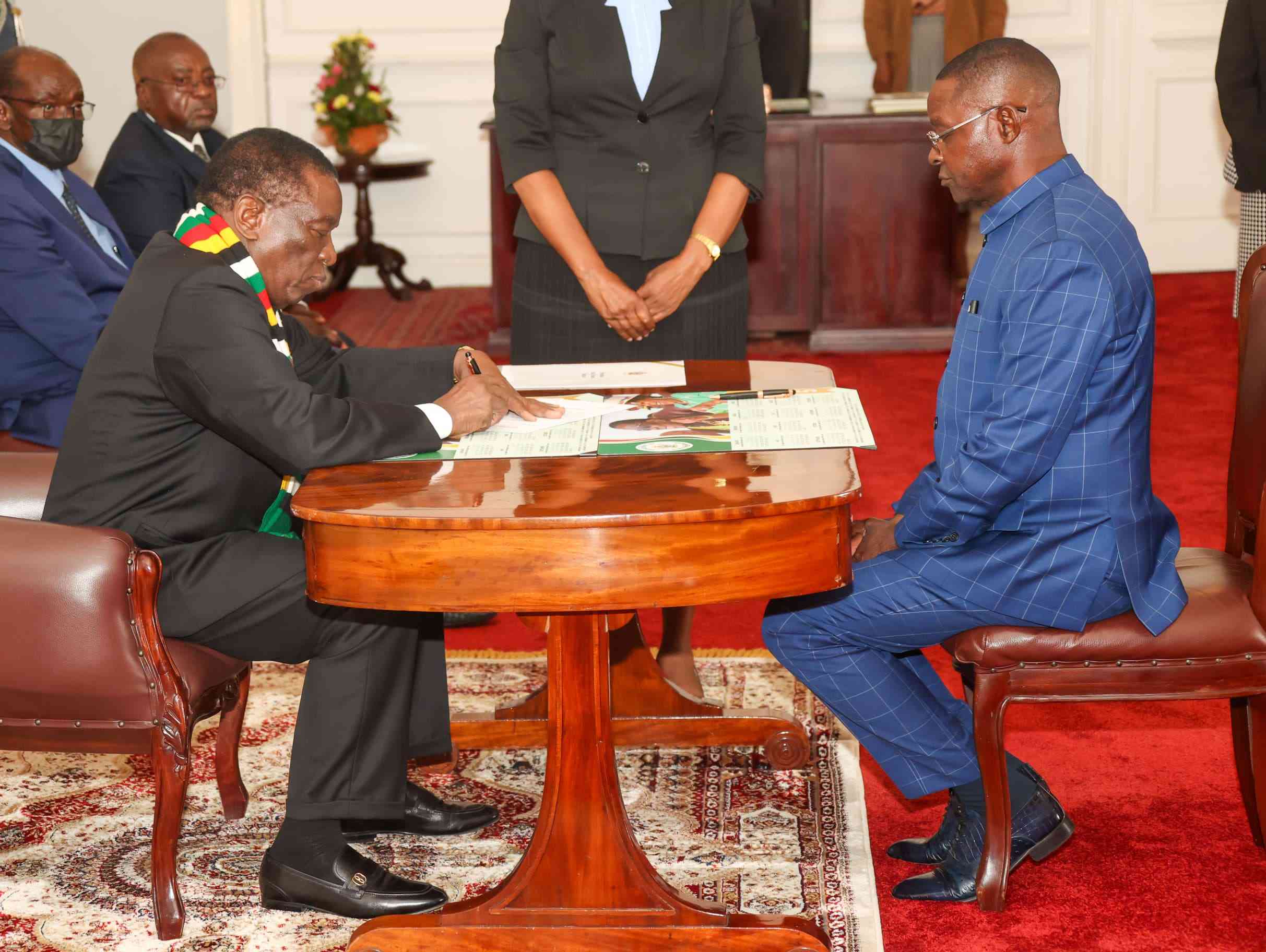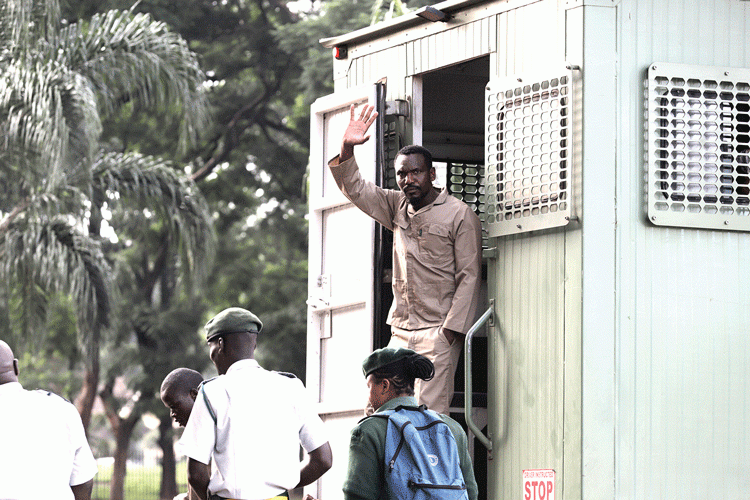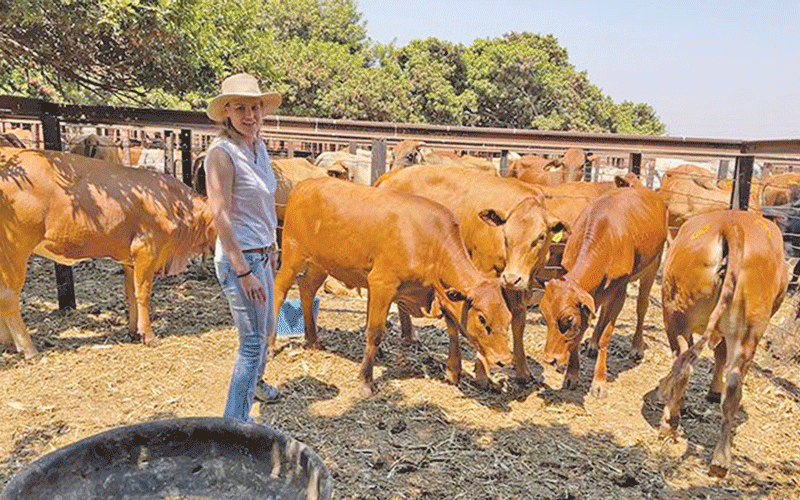F
ROM the outset, I would like to congratulate and thank the government of Zimbabwe, particularly the Ministry of Health and Child Care for the leadership in hosting the 10th anniversary of the International Day of the Girl Child symposium.
Allow me to also take this opportunity to thank my colleagues from UNAids, UNFPA, Unicef and World Health Organisation for the technical support they provided for this symposium.
We have a cause to celebrate today.
The 2gether4SRHR programme has clearly demonstrated how strategic partnership and joined up efforts of governments, development partners, civil society, the UN agencies at the regional and country level can successfully work together and deliver integrated services for women and girls on sexual health rights, HIV and tackle gender-based violence.
I believe this knowledge sharing symposium provides a timely opportunity to amplify the collective lessons drawn over the past five years of implementation of the 2gether4SRHR.
Keep Reading
- 9 000 farmer field schools on cards
- Zim woman dies in Oman
- PRAZ probes Matabeleland road projects
- PRAZ probes Matabeleland road projects
In Zimbabwe, a strong partnership has been developed between UN agencies, Sida, Health and Child Care ministry, Zimbabwe National Family Planning Council, the National AIDS Council and several civil society organisations as we worked together to implement the programme.
Funding provided through the 2gether4SRHR programme facilitated identifying and addressing bottlenecks, that were preventing the intended beneficiaries from enjoying their right to appropriate health care and wellbeing. Integration of available services was identified as a key enabler for broadening service access while at the same time improving quality.
I would like to express my appreciation to the Government of Sweden for its willingness to let the 2gether4SRHR programme adapt to unforeseen challenges that the country faced during this funding cycle.
For example, Cyclone Idai in March 2019 cut its victims off from essential supplies and other critical health services. Just one year later, Zimbabwe experienced the effects of the global COVID-19 pandemic. Again, this affected the vulnerable more, limiting access to critical health services and supplies and causing emotional and economic devastation.
I am cognisant of the many challenges we face. However, we should work with the grit and will to intensify action to deliver for women and girls. The UN development system in Zimbabwe remains committed in this regard.
As the UN secretary-general in his statement on the International Day of the Girl Child said: “Let’s redouble our efforts to make sure women and girls everywhere are healthy, educated, and safe.” - Edward Kallon, UN resident and humanitarian co-ordinator for Zimbabwe
Govt must rehabilitate Chahonyosa DamAS the farmers in Gokwe, we call upon government to come up with a long-lasting solution to water problems for both livestock and human use in our area.
We are seeking for the rehabilitation of the Chahonyosa Dam, the only big source of water in the area.
At the moment, the dam levels are very low because it is the only source of water for the surrounding villagers. The villagers are hoping for an early rainy season to save the dam from drying up. Urgent rehabilitation of the dam will enhance economic growth and improve food security. It will also create employment in the agricultural sector after a switch to horticultural projects.
The area has no profitable farming activity except for livestock following the collapse of the cotton industry, so drying of this dam poses a dangerous and sorrowful scenario to farmers.- Villager





